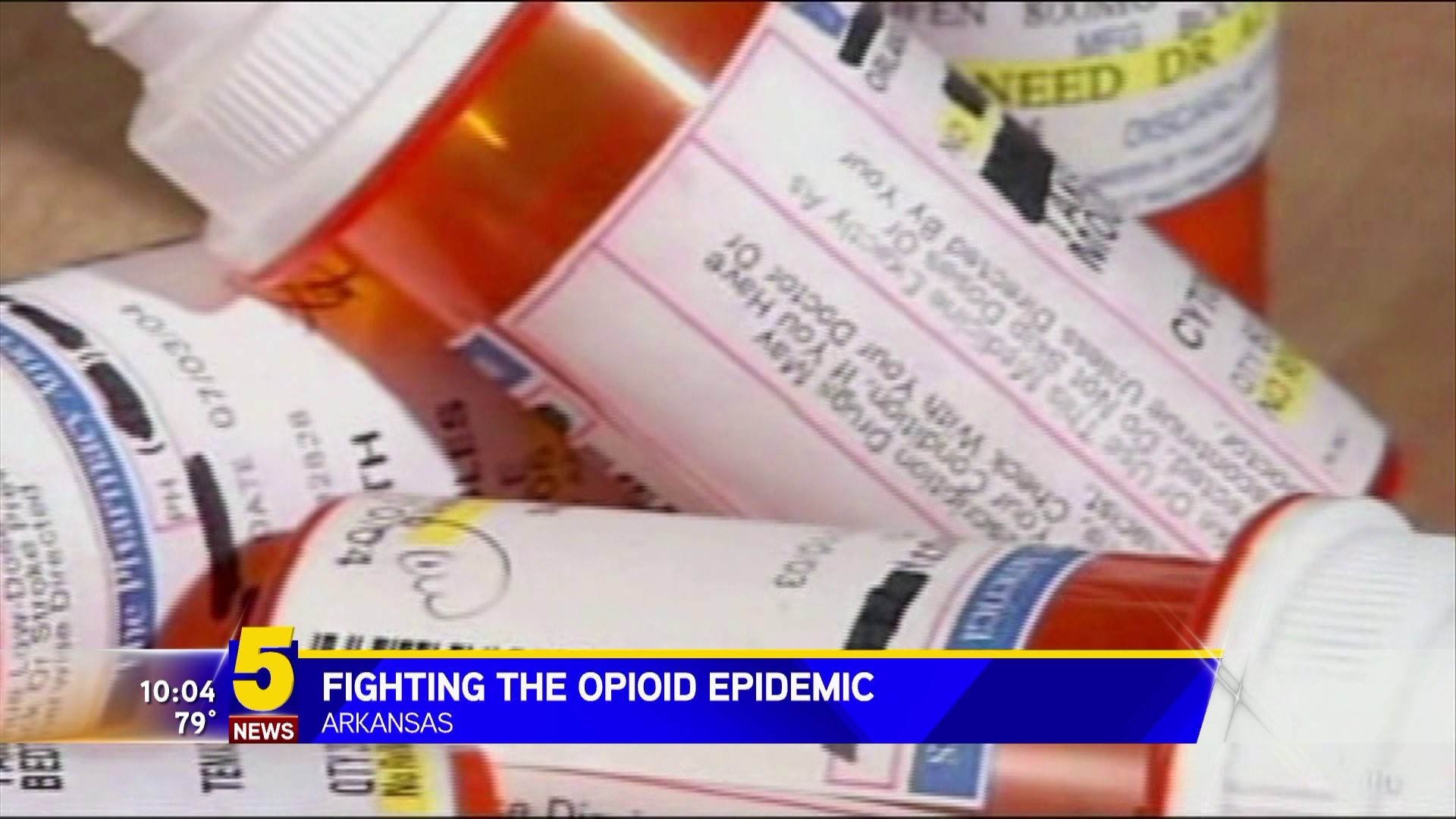ARKANSAS (KFSM) -- Prescription drug abuse affects millions of Americans across the country, and even thousands here in Arkansas.
In 2012, Arkansas ranked 8th in the nation for prescriptions of opioid pain relievers, according to the Arkansas Department of Human Services.
Opioids are often associated with codone; oxycodone, hydrocodone also includes drugs like morphine. All of which can be extremely addictive if improperly consumed.
Raymon Carson, regional director at Decision Point, an addiction treatment facility located in Bentonville, has worked in some capacity of drug treatment for most of his life.
He said the problem of opioid abuse has been around for quite a while, but it's becoming more profound.
"Although the drugs have kind of changed as far as what we call the hot button substances that are being used within the region area of the country, they've all kind of grown and developed," Carson said.
In 2013, numbers from Arkansas DHS show that The Natural State was home to the highest rate of teen prescription drug abuse across the country.
Decision Point treated just over 800 patients in 2015, according to ADHS.
"Substance abuse disorder is the great destroyer; of relationships, family and human beings," Carson said.
As the drugs have changed with time, so have the laws in an effort to tackle and stop an ever-growing epidemic.
In April, Arkansas Governor Asa Hutchinson signed a bill into law that strengthens monitoring of prescription drugs.
Carson said laws that attempt to combat opioid addiction have resulted in a double edge sword outcome.
"What happens is, as the pill supply shrinks, then individuals seeking that high will turn to more and more dangerous types of use," Carson said.
For someone with an addiction, the toughest decision can be to seek help.
Decision Point has inpatient services, where patients stay at the facility for a predetermined amount of time, usually about a month, while they receive treatment from physicians and trained professionals.
Other services include out-patient and intensive out-patient treatment. Each consists of individual counseling and group activities, which do not require overnight stays at the facility.
"It is the single, greatest, biggest step for a person when they come through the front doors of our program, because we know we have a very fragile person who is vulnerable stepping into our building," Carson said.
The key, Carson said is the community and the family in helping people break their addiction with recovery.
"We don't hear about the families who broke the cycle of third and fourth generation addiction, because someone stood up and finally said we're going to work together to end this. And the family gets involved in that person's treatment," Carson said.
If you or someone is battling addiction, the Arkansas Department of Human Services to help in the fight.

